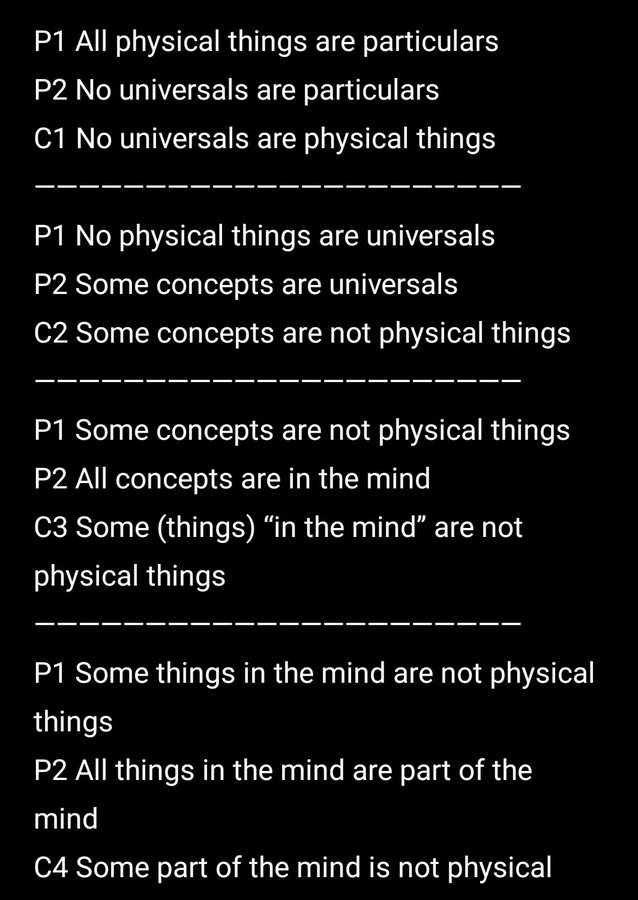I’ve just read an engaging pair of articles at Asylum magazine: an item by Michael Anton on the possibility of “national divorce”, in which he makes the case for breaking up the United States, and a rebuttal to Anton’s position by an anonymous author. (You can read Michael Anton’s original post here, and the response from “Anonymous” here. Apparently Mr. Anton has posted a reply of his own in the latest issue, but I haven’t yet been able to find it published online.)
I’ll say up front that I’m an admirer of Michael Anton: he’s one of conservative America’s most important thinkers, and he writes as well as he thinks. (I was flattered to have Mr. Anton respond to a post I’d written here a few years back, and to have exchanged some correspondence.) He understands the severity of the crisis we face in America, and he doesn’t shy away from engaging with serious thinkers whom mainstream pundits would consider dangerously radioactive (such as Curtis Yarvin and BAP). I respect his steadfast commitment to the principles of the American Founding, even if we may disagree about some (rather important) technicalities.
In his Asylum article, Anton presents a dialogue between two ex-friends in diametric political and axiomatic opposition: a conservative, “Tom”, modeled after himself, and a condescending Blue-state left-wing intellectual (who is, it pains greatly me to report, named “Malcolm”).
Tom tries to make the case for a peaceful and mutually agreed-upon breakup of the United States, on the wholly sensible grounds that a) the Left despises us and everything we believe in, and b) that it is unjust for the Blue ruling class, who have managed to put in place an unbeatable electoral advantage by way of mass immigration and shameless election-fudging, to rule us forever without our consent. Why, he asks, would Blue even want to continue sharing a nation with us, if we’re so awful?
Malcolm, of course, is having none of it, on the wholly sensible (to him) grounds that a) such a breakup would be costly and inconvenient; b) it would be wrong to give evil people like Red-state Americans a free hand to oppress women and minorities, and c) it’s good to be the King.
My sympathies, of course, are with “Tom”. Surely the most gentlemanly and civilized way to resolve this crisis (and I flatter myself that I am both of those things) would be an amicable parting of the ways, however difficult that might be to arrange (and Mr. Anton does a remarkably thorough job of enumerating the many difficulties it would involve, and honestly acknowledges that some of them may be impossible to overcome).
That said, though, I feel that there is something craven about Tom’s side in this dialogue. Both he and Malcolm acknowledge that Tom’s faction (our faction!) has no real leverage, and so Tom’s case begins to sound like nothing more than begging for mercy. It’s clear that Blue holds the whip hand: as long as we play by the rules, we lose (and there’s an asymmetry there: Tom’s side, which is loyal to the Founding, to law and order, and to what shreds remain of the Constitution, is clearly the one that cares the most about “the rules”). Given the demographic replacement that has already happened, the total victory of the Left in their half-century “long march” through all of our institutions, and the irreparable loosening and corruption of our electoral system, it’s hard to imagine any scenario in which Red can save itself, by purely political action at the ballot box, from permanent subjugation. So why would Malcolm, or any other conqueror, simply give away the spoils of victory, merely to avoid the nugatory ill-will of the conquered? It makes no sense, and is almost unexampled in all of history. The tyranny of the majority is precisely what the Founders feared most about democracy, and they did their best to keep democracy tightly laced up — but they knew well that democracy is a powerful acid, and difficult to contain, and they knew well that things might come to this. (“A Republic, if you can keep it!”, said Franklin.) And here we are.
The Founders also knew well that the only remedy for tyranny, in the end, is what they called at the time “an appeal to heaven”: you screw your courage to the sticking place, and fight, and you win or you die.
“You have to know that if you tried it, you’d be crushed,” Malcolm said.
“Totally,” Tom replied. “And, to be clear, I’m not calling for anyone to take any action, much less a suicidal action.”
Well, then, Tom, given the concessions you make in this dialogue, I think you might as well resign yourself to subjugation. (As noted above, tyrants don’t just let go just because you’ve asked them nicely.)
In the anonymous response, also published at Asylum, the author raises solid objections to optimism about the success of national breakup: the lack of a coherent political theory on the American Right, lack of political will, imbalance of power, headwinds the new Red nation would face both here and abroad, etc. He asks a simple question:
All of this brings us back to the original question: Why? Anything close to a National Divorce would require a truly Herculean effort, a level of national political organizing not seen in America in hundreds of years. If this were to be achieved, why not simply take power in the United States using something resembling the normal process?
The objection to that, of course, is that the “normal process” — that is, the political process, involving winning elections — may already be foreclosed to us.
Our anonymous respondent closes, though, on an upbeat note:
As bad as the situation is, there is a lot to be positive about in America today. The grassroots protests against lockdown policies had a massive impact on bringing them to a close. Parents have taken a much more active role in fighting back against dangerous ideologies pushed in their children’s schools. Even the chaos and surrender that defined the Floyd Riots was contrasted with the enormous personal bravery of citizen groups and impromptu law enforcement formations, people who just wanted to help. It seems like many more people are paying attention now. This is truly great, but it is very important that that massive energy be harnessed into something productive, that can last for decades, as opposed to ultimately empty rhetoric about a potential suicide run against the US military.
What do I think about all this? Like “Anonymous” (why can’t people come up with snappy pen-names?), I think the project of actual breakup — the division of the United States into two geographically distinct nations — is a non-starter; it is simply too complicated and difficult. There may be, though, some sort of middle way: a Great Sorting of the citizenry into Red and Blue states. This is already beginning to happen, as people leave places like California to move to redder states like Florida, and to the extent that strong local governments in these places manage to push back on wokeness, it will also drive Blue-team folks out of those places. We may, over the next few years, see the “purpling” of states like Florida and Texas begin to reverse itself. But even if that happens, I doubt that the blue Leviathan in Washington is going to let up the pressure, and it will simply do with Federal law what Red states try to resist locally. The relentless concentration of power in the central managerial behemoth is going to make it hard for any real subsidiarian shift — any centrifugal dispersion of sovereignty — back to the States.
What’s left, then, if we can’t divorce, and we can’t make our abusers leave us alone? The only alternative to humiliating subjugation would be, as noted above, the civil war we all hope will never happen. We might very well lose; we would certainly bleed. (And the lack of cohesion on the Right would be as much of a problem in this scenario as in the purely political one; such a conflict would likely just consist of an irregular, if popular, resistance.) But at least we’d go down fighting.
Am I hoping for this, or advocating it? Emphatically not. As I’ve written elsewhere, civil war is a thing that nobody should wish for. A great political reversal, or failing that, an Anton-style national divorce, would be far better outcomes. But standing on one’s feet with dignity, even in a lost cause, is better — and more patriotically American! — than humiliating subjugation as a tyrannized minority.
As Jefferson said:
“The tree of liberty must be refreshed from time to time with the blood of patriots & tyrants. It is its natural manure.”
Perhaps Macaulay said it best of all:
And how can man die better,
Than facing fearful odds,
For the ashes of his fathers,
And the temples of his Gods?





